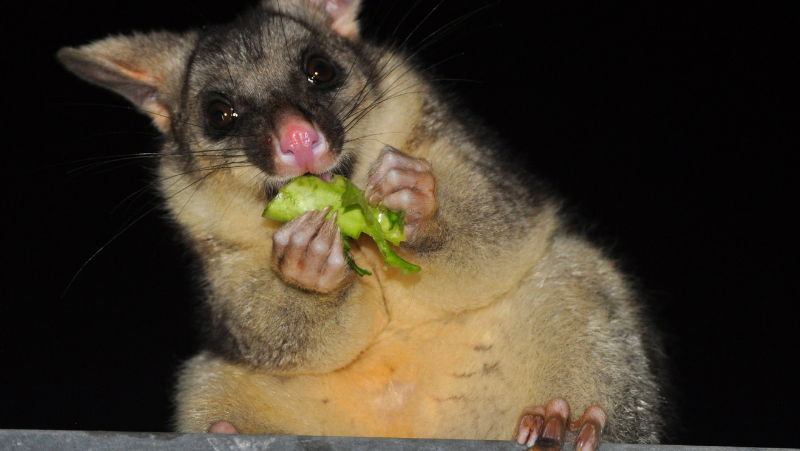Yates Account
Join now
Create a Yates account today!
Sign up to join the Yates Garden Club for monthly e-mails packed with seasonal inspiration, tips for success & exclusive promotions.
Plus if you’re a Garden Club member you can take part in the Yates Growing Community - a blog to share successes, get advice & win prizes in fun challenges along the way!

Forgot password
Enter the email address associated with your account, and we'll email you a new password.
Trichosurus vulpecula

What are Possums
Possums are furry, predominantly herbivorous and nocturnal marsupials that spend most of their time in trees.
In New Zealand, the Common Brushtail Possum (Trichosurus vulpecula), an introduced species from Australia, are a serious pest.
How to protect your plants against Possums
- Avoid feeding Possums as this further encourages them into your garden.
- For especially vulnerable trees, wrap the tree trunk in a length of hard plastic as a guard.
- Install firm fitting and well secured bird netting over and around vegetable patches.
- As Possums are nocturnal, use motion sensor lighting at night to help deter them from your garden.
- Block up entries into roof cavities to prevent Possum access.
Symptoms
Possums are selective browsing feeders and will eat a variety of plants and parts of plants, including leaves, stems, flowers and flower buds, fruit and vegetables. Symptoms include chewed leaves, fruit and flowers or complete defoliation of plants and fruit being eaten entirely.
You may also see possum droppings on the ground and hear possums scampering over (or in) the roof at night.
Plants impacted
Edible and ornamental plants including fruit trees, camellias, magnolias, roses and vegetables.
Risk period
Possums can visit gardens year round, browsing on plants that have fresh new leaves, are flowering or fruiting at that time.












Share
Share this article on social media